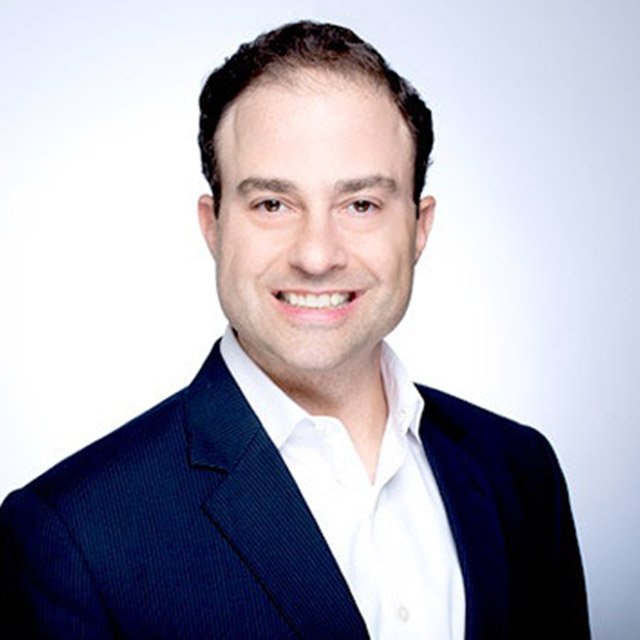What to Do About Today's 'Wall of Worry:' Robertson Stephens' Stuart Katz

Seems like the right time for Stuart Katz, chief investment officer and principal of Robertson Stephens Wealth Management, to put his near-term tactical asset allocation strategy to work.
“We’re very mindful of the near term but are deliberately constructing portfolios for the long term,” he tells ThinkAdvisor in an interview.
The prospect of rising interest rates calls for a tactical adjustment in those long-term portfolios, he maintains, citing, for example, floating-rate bank notes, constructed to rise with increasing interest rates.
In the interview, Katz, previously with Goldman Sachs for 15 years, discusses what is top of mind for most advisors right now: rising interest rates and rising inflation.
He expects the rate of inflation to decrease once the Federal Reserve removes “the excessive liquidity it had injected into the market” at the height of the coronavirus pandemic.
Turning to a controversial topic, digital assets, New York-based Katz warns that many people who invest in them “should be prepared to experience not only volatility but potentially full impairment and loss.”
Rather than cryptocurrencies, he prefers investing in blockchain technology.
“Companies who take advantage of blockchain could be winners” — and, he says, he’s actively seeking them out.
Robertson Stephens, a boutique RIA headquartered in San Francisco and focusing on ultra-high net worth clients, is enjoying an unprecedented growth spurt.
In 2021, it doubled its assets under management to about $3.9 billion. Six new advisor teams joined last year, five of them in the third and fourth quarters.
The RIA added four new offices for a total now of 12 nationwide.
Katz, chair of the firm’s investment committee, was a winner last fall of a 2021 LUMINARIES ThinkAdvisor recognition award for thought leadership.
In our recent phone interview, he commented on what goes into making a great leader as well as RSWM’s expansion plans:
“First, is organic growth. Second, is what many in the industry would call acquisitions. We call it partnerships,” says the native New Yorker.
They are “of critical importance to the firm but without compromising focus on [our] culture.”
Here are excerpts from the interview:
THINKADVISOR: What impact will rising interest rates have on your clients’ investment strategies?
STUART KATZ: Rising interest rates for retired people, especially those who have fixed income in their portfolios, will create a risk and headwind [potentially leading to] negative performance.
What do you do proactively to avoid this?
You need to start with a financial plan. And there are certain tactical adjustments we make in the near term to reflect the macro environment of material facts [such as rising rates] that are present in the marketplace that potentially influence our portfolio positions.
For instance, we’re introducing into our portfolios floating-rate bank notes that are structurally set up to rise with rising interest rates.
And we’re structuring our portfolios, for many clients, with a shorter duration in order to be less impacted by rising interest rates.
Are rate increases ever good for equities?
History shows that interest rates have room to rise in response to a growing economy before becoming negatively correlated with equity performance.
Rising yields accompanied by positive GDP growth have been associated with positive equity returns, though in the mid-to-high single-digit range, not in the double-digit range.
What’s another example of an event that has influenced your tactical strategy?
A perfect one would be the reopening of the global economy in 2021. [We adjusted] the positioning of certain asset classes that would have a greater exposure and sensitivity to growth and value — such as financial services and energy.
So we’re very mindful of the near term but are deliberately constructing portfolios for the long term.
How valuable is having a financial plan?
To have an investment portfolio without a financial plan, is like getting in a car and not knowing your destination.




